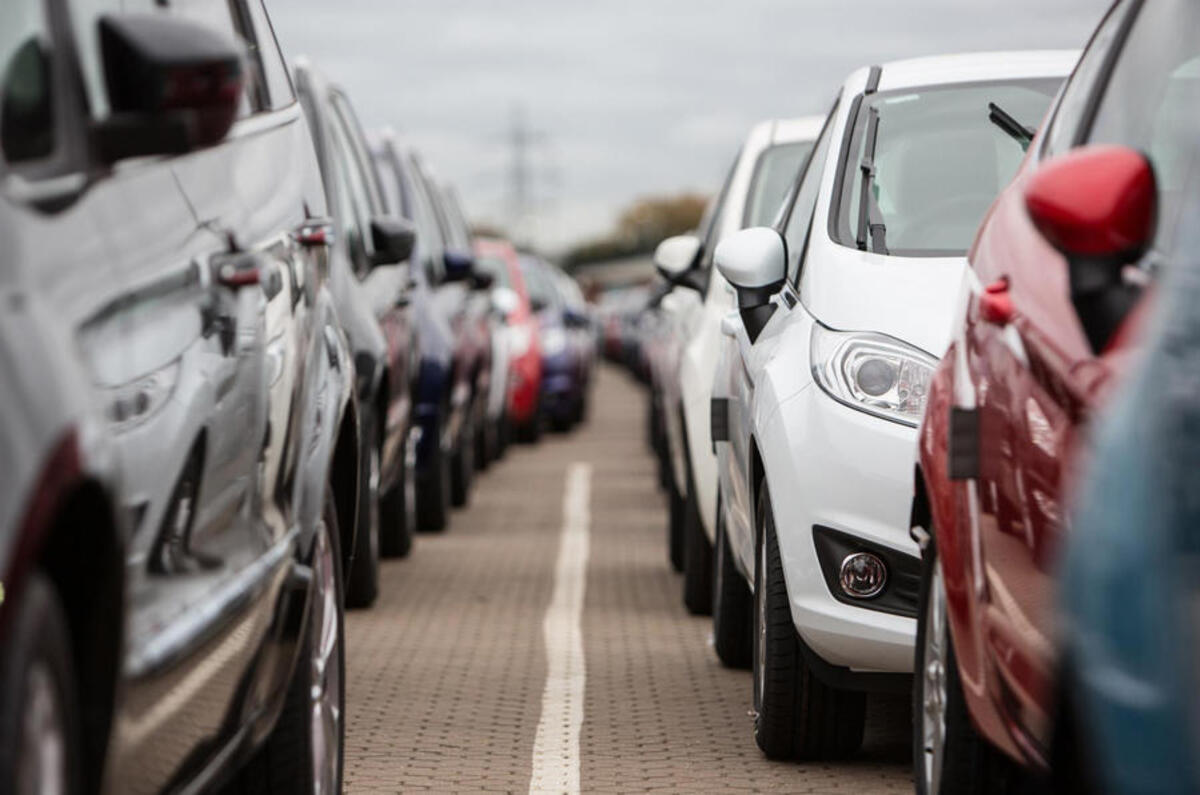New car sales fell by 9.3% in July, the fourth consecutive month in which demand has decreased.
The Society of Motor Manufacturers & Traders (SMMT) has attributed Brexit and economic uncertainty as the main cause for the continuing slump in sales. In the second quarter of this year, there have been 161,997 cars sold in the UK – a contrast to the record-breaking growth of the year's first three months.
Demand fell across business, fleet and private buyers by -23.8%, -10.1% and -6.8% respectively. Conversely, dual-purpose and sports cars sales rose by 7.3% and 10.3% respectively, although volumes were comparatively tiny.
Sales of diesel cars fell to 69,157 in July, close to 17,000 less than sales were in the same month of 2016, suggesting that consumers are being affected by announcements for diesel taxes, despite the fact such policies won’t affect the latest Euro 6-standard models.
Brexit deal among automotive priorities for government
The same comparison for petrol shows a smaller drop of close to 3,000 units, with numbers down to 83,969 for July.
One area of the market that has seen continued growth is alternatively fuelled vehicles (AFVs), which soared in sales by 64.9%. AVFs also grew their market share, but still only accounted for 5.5% of overall sales, meaning the growth was far from offsetting the slump in petrol and diesel cars.
Nevertheless, 8,871 new AVFs were driven off forecourts in this quarter – a new record high.
Year-to-date sales figures stand at 1,563,808, compared with 1,599,159 at this point in 2016.
Hybrids exempt from Britain's diesel and petrol car ban
SMMT CEO Mike Hawes said: “The fall in consumer and business confidence is having a knock on effect on demand in the new car market and government must act quickly to provide concrete plans regarding Brexit.
“While it's encouraging to see record achievements for AFVs, consumers considering other fuel types will have undoubtedly been affected by the uncertainty surrounding the government's clean air plans. It's important to remember that there are no plans to charge drivers using the latest Euro 6 models and no proposed bans for conventional petrol and diesel vehicles for some 23 years.
“The lower demand in recent months will inevitably mean competition from manufacturers will intensify and it will be a good opportunity for consumers to get a great deal on their next car, with many exciting new models launched in the coming months.”





Join the debate
Add your comment
Slump....!?
Carbuyer.co.uk have an offe on an Ibiza FR 1.0 in tech trim with £3,000 off!, I saw another add on TV for another brand,can't remember which,but they were giving three free services. So I guess they must need the business!
It seems that the diesel
Government doing nothing...?
Don't get too disheartened fady, the government will be announcing their diesel punishments in the autumn statement, with more details to be released after that.
You WILL have your moment, patience dear boy.
Smmt takes into account
Smmt only takes into account its own narrow agenda and smothers it in the respectability of statistics. Of course I can prove up is down using statistics and seem very enlightened.
This issue is that this article, as pointed out by many, is based on a single agenda press release and takes in no account of VED rises, nervousness over future values of cars, the upcoming pcp scandal and bad press, potential issues with diesels, the hideous expense of running a car etc etc. It is a mono argument where by all things point to one answer. Sure nervousness around Brexit will have an impact, but is it the only factor? Of course not, it is one of a cocktail.
I can take a difficult problem and find a simple resolution that is generally wrong. Same goes for debates, but the simple argument is always easier to digest, so easier for the average joe to understand. It's just not necessarily right. Matters such as this are always way more complicated, which is why most economists and bank governors are mainly talking tosh, and hoping their tosh aligns with the uncertain future at some stage in the future. Bingo, a clairvoyant is born.